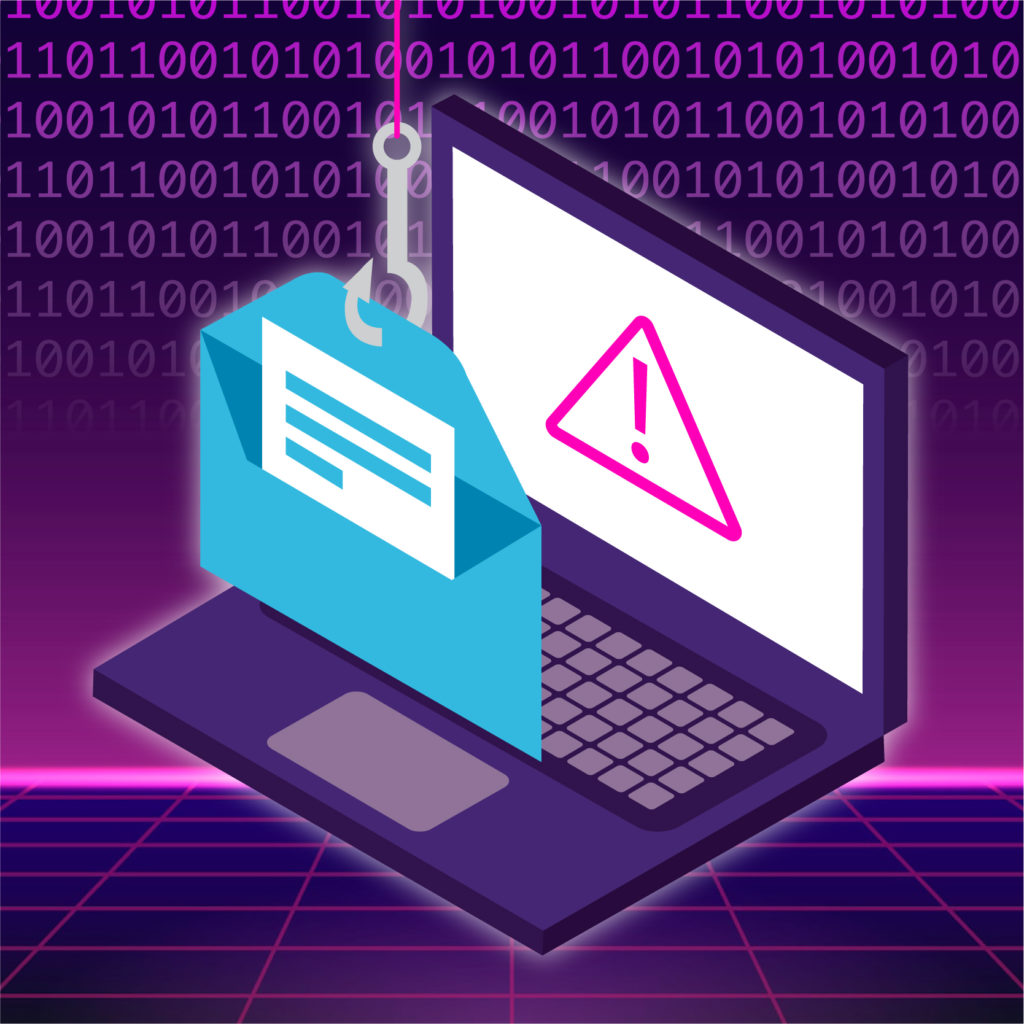
10 Ways To Avoid Oversharing On Social Media
Whoever originally said sharing is caring could never have foreseen social media. Today, oversharing through social media is considered one of the biggest risks to your security. Cyber-attacks like spear phishing and malware-laced emails can target YOU specifically if the attacker can learn enough about you, but don’t delete all your social media accounts just yet. Thankfully, there steps you can take to keep your information safe and secure while posting online.
1. Disable geolocation tags. Sharing your location through geolocation tags can help cyber thieves piece together essential details that can eventually lead to identity theft.
2. Carefully review your photos before posting. Do they reveal any crucial information you wouldn’t want in the hands of cyber thieves? Are there notes on a dry-erase board? Is there a mirror reflecting something you don’t want to share? Take a moment to crop out sensitive material before posting.
3. Take steps to protect your children’s identity. Consider creating separate sharing groups. You might be excited to share your proudest moments with your kids but stop and think before posting. Should everyone have access to this information? Think about creating a separate private group of trusted family members to share with.
4. Don’t use social media as an online journal. It’s so easy to get on Facebook just to vent, but take some time to wind down before sharing out of frustration or anger. Consider that what you post online is permanent and hackers can potentially use that information to their advantage.
5. Keep track of your social media usage. Being aware of how much time you spend on social media can help limit your use and the impulse to overshare important information.
6. Don’t share frequent destinations. You might be proud of your consistent visits to the gym and want to post every time you go. However, a cybercriminal could pose as your gym and try to get you to click on a malicious link about your gym membership.
7. Only connect with people you know. You might have 13 mutual friends with a recent Facebook friend request, but unless you know them personally, that could be a cybercriminal in disguise trying to obtain more of your information.
8. Be wary of messages that find their way into your social media direct messages! Think twice before opening any links, even from profiles you recognize. Cyber criminals will often pose as trusted accounts and send nefarious links in an attempt to steal your information.
9. Don’t overshare about your vacation, wait until you get back. Posting about your trip lets cyber criminals know they can cater phishing attacks to your traveling status.
10. Check your privacy settings. Are your posts set to “friends only”, or can anyone see all the information on your page? Make sure to have your profile secure to ensure your privacy and keep cyber thieves from accessing your personal information.